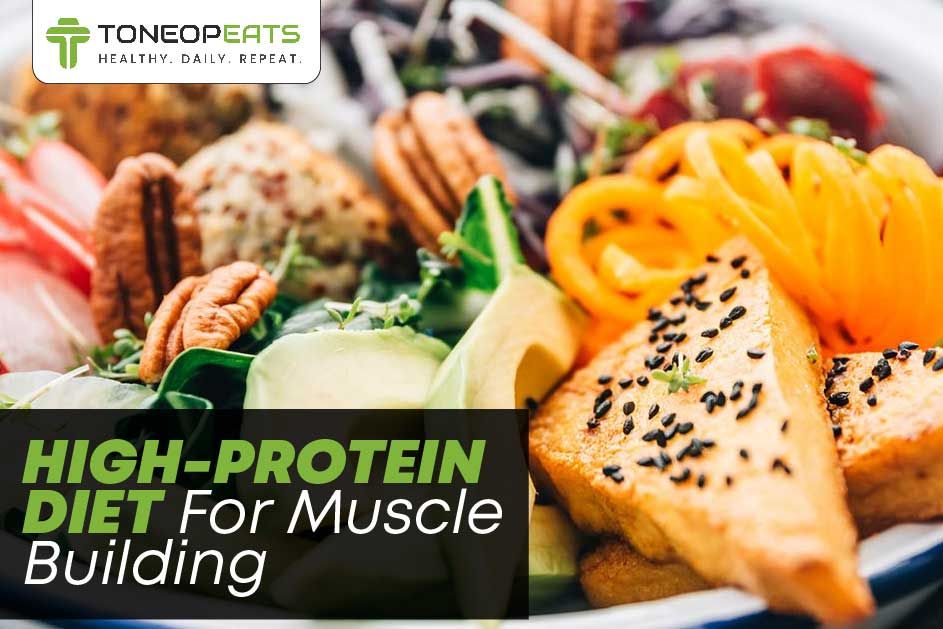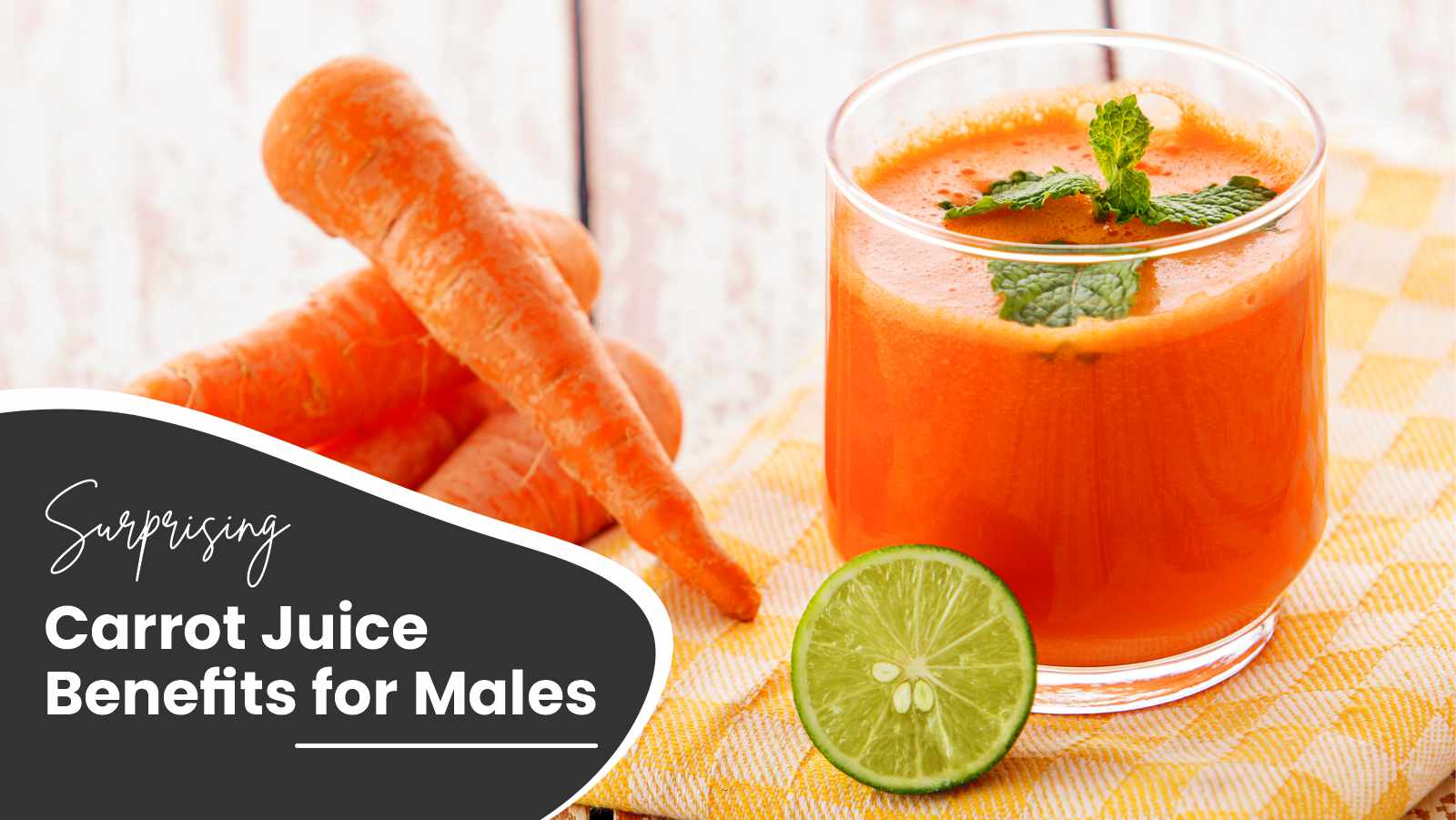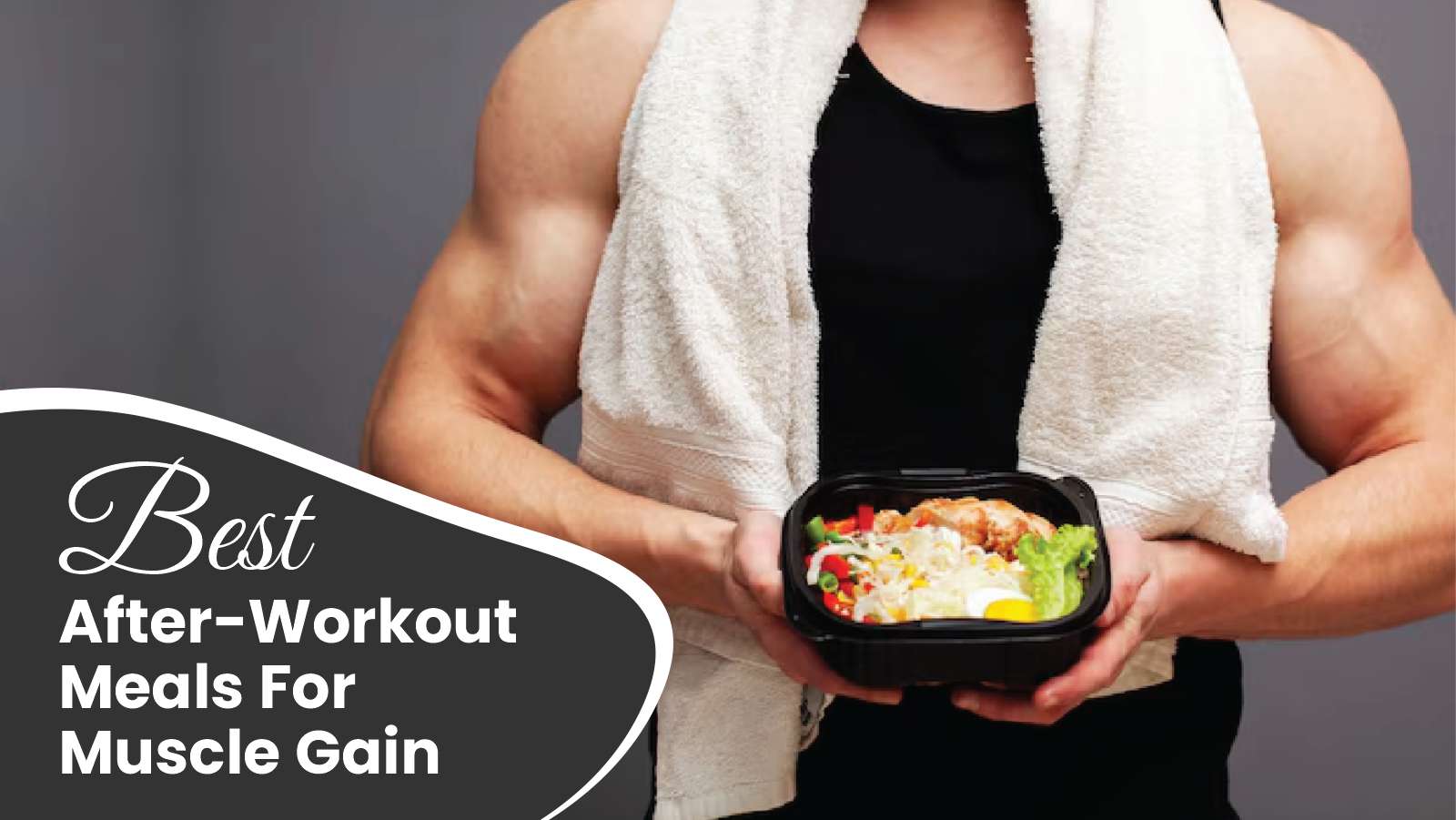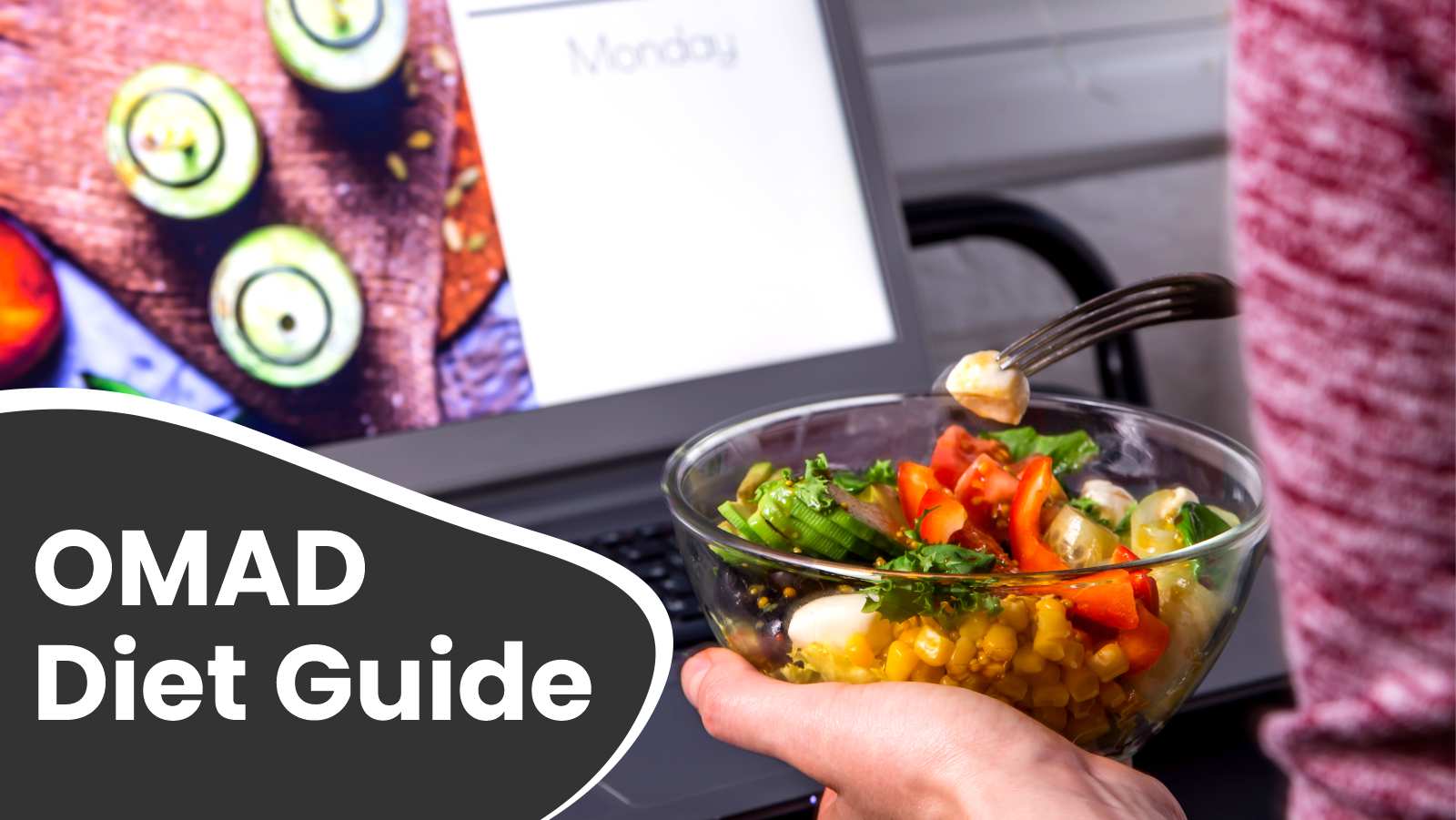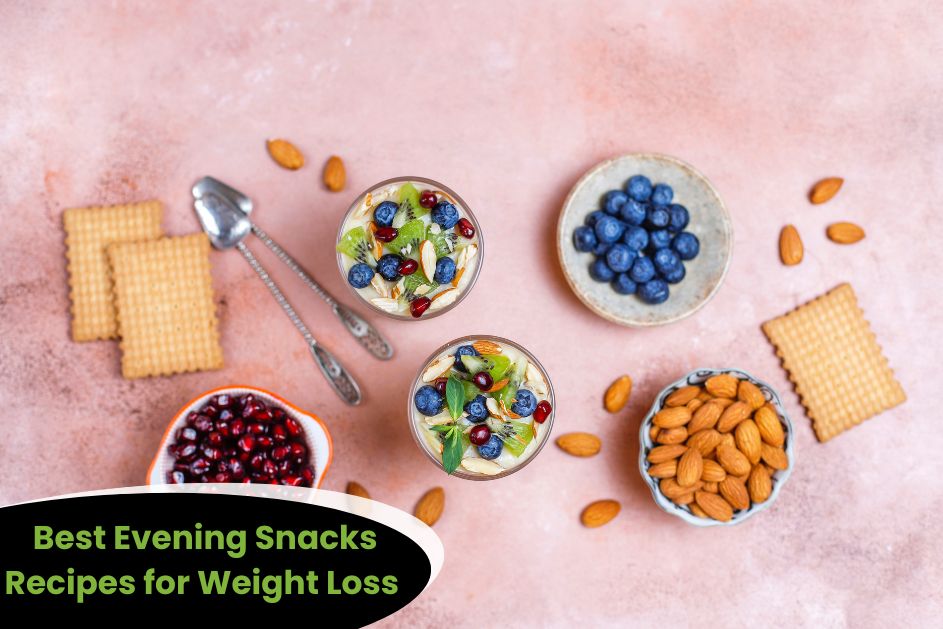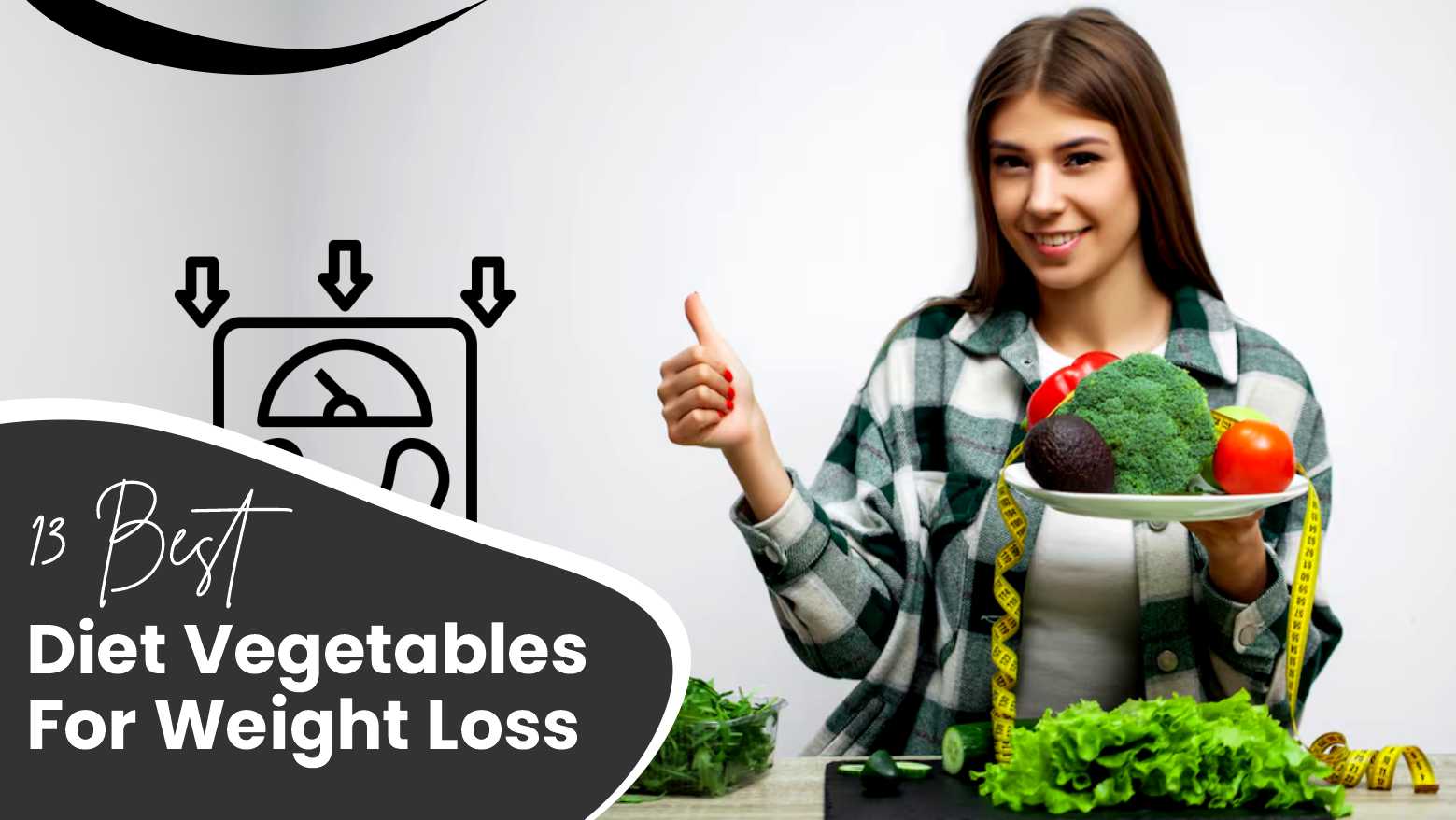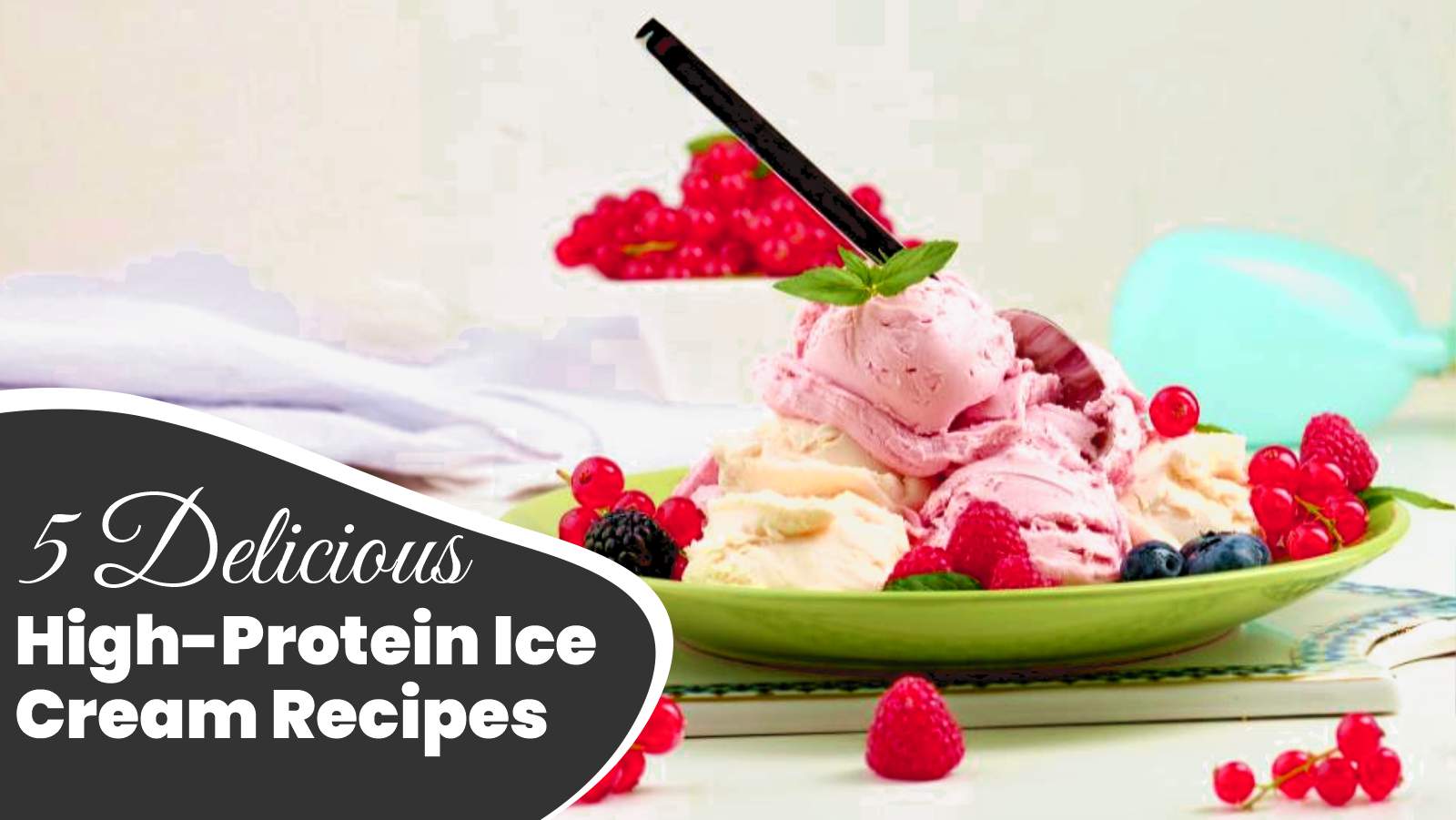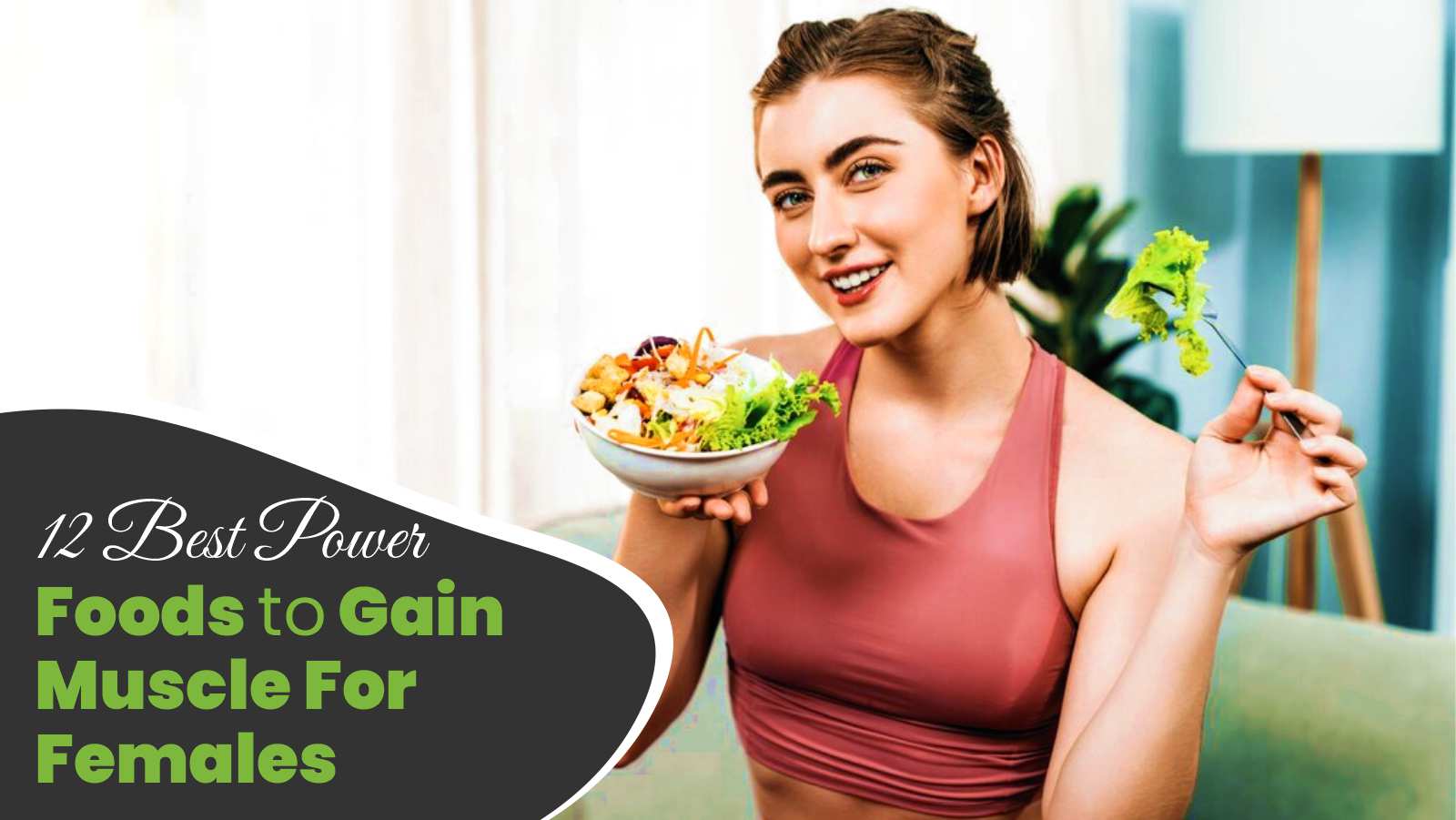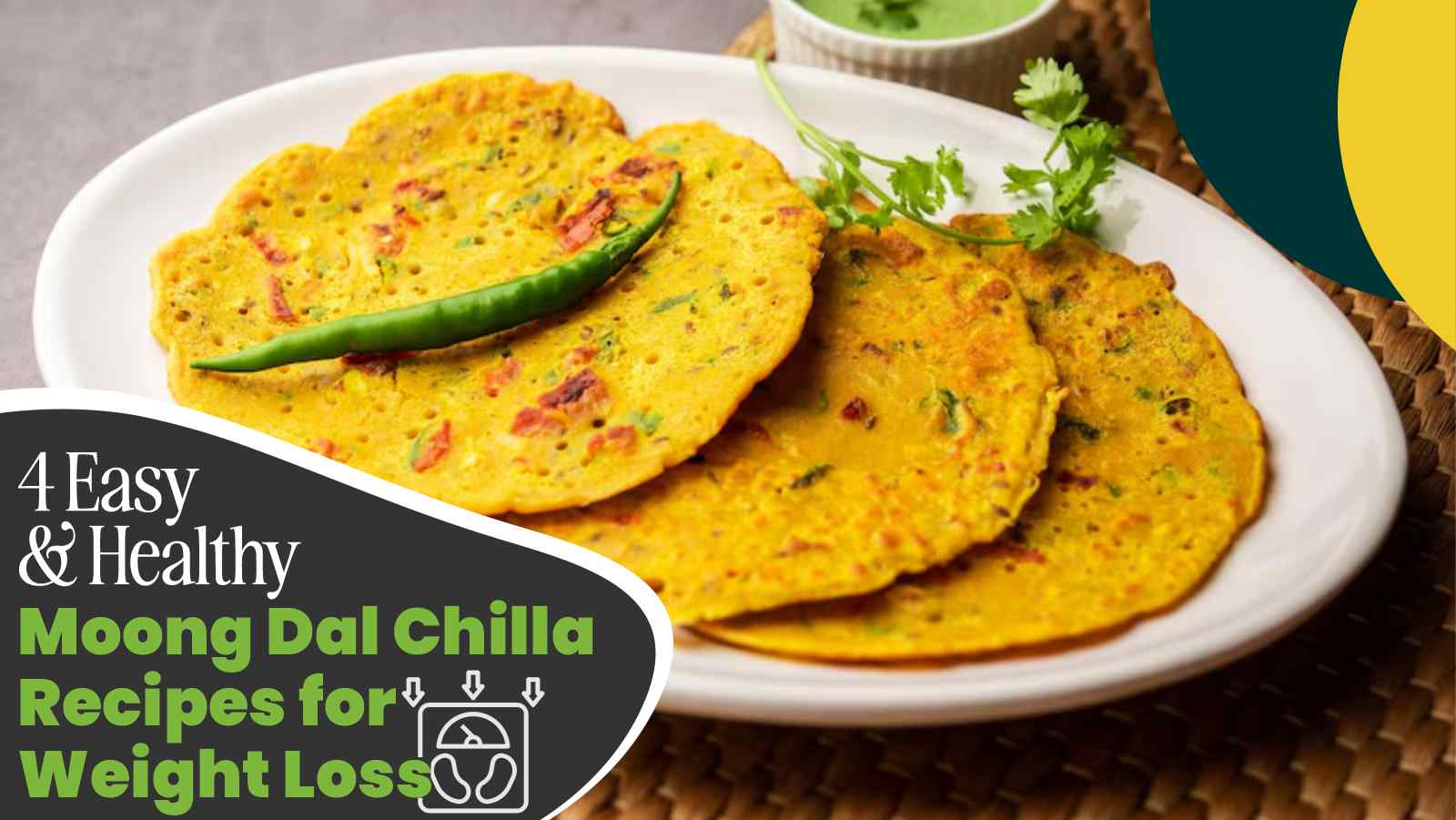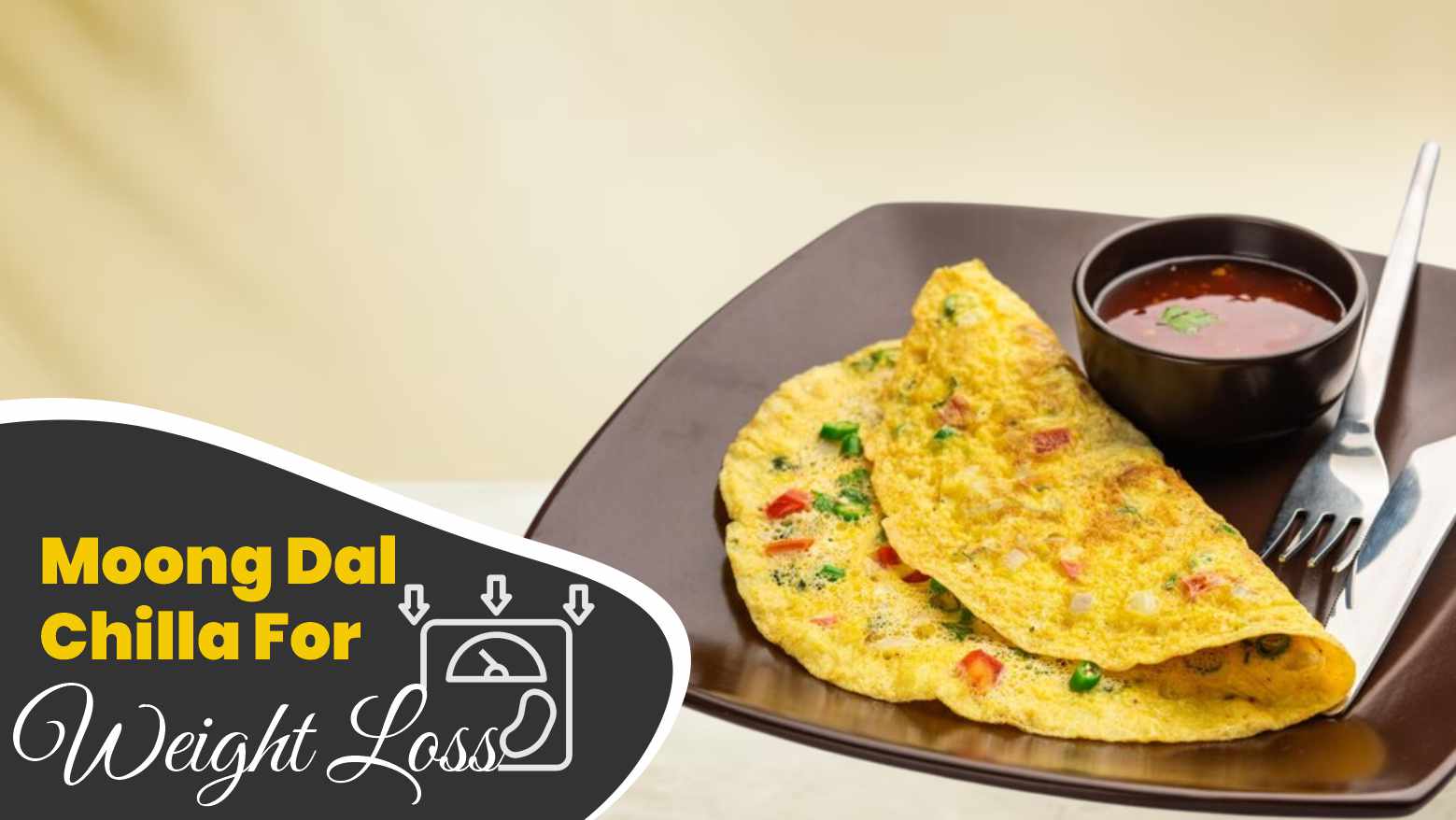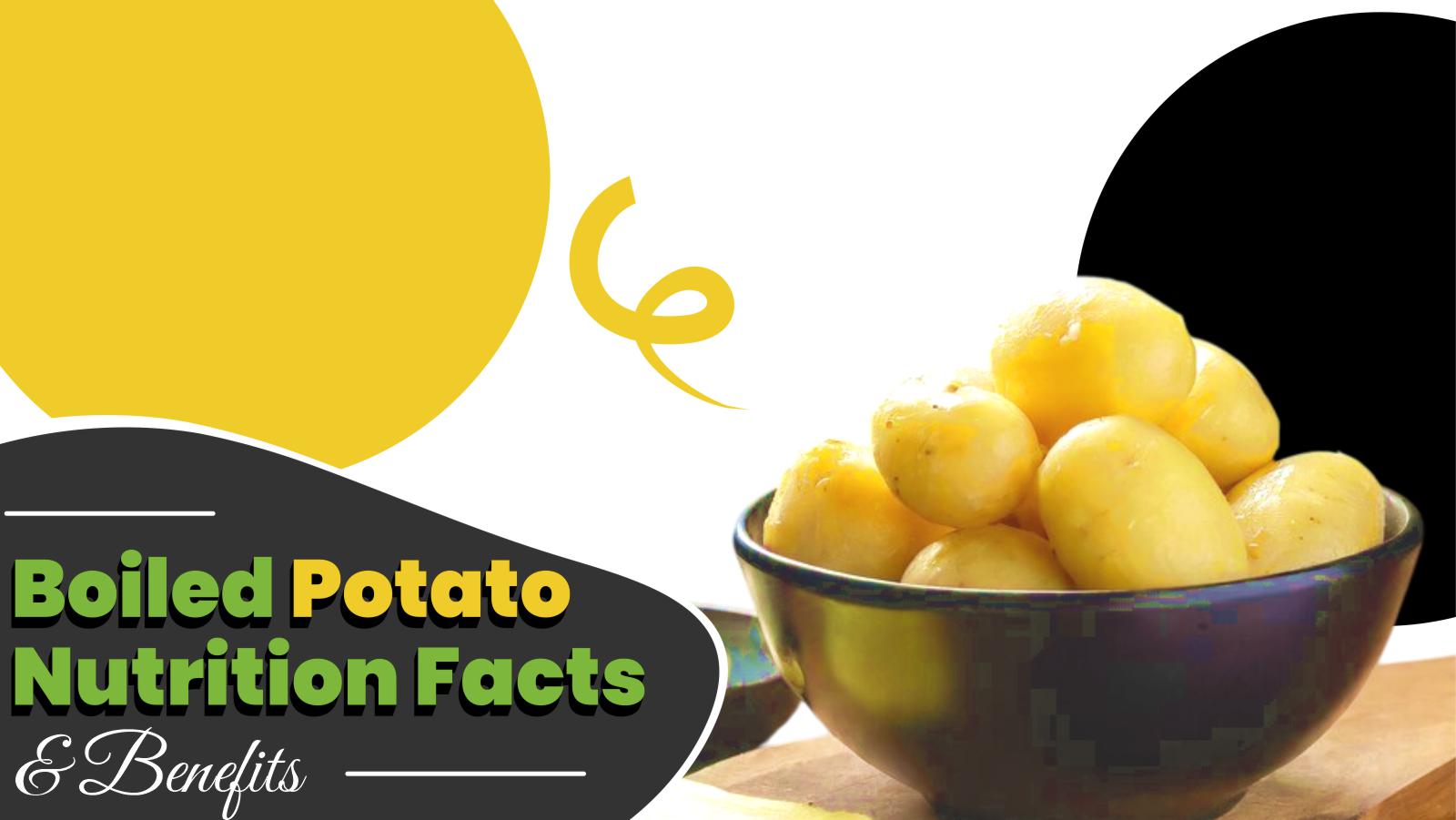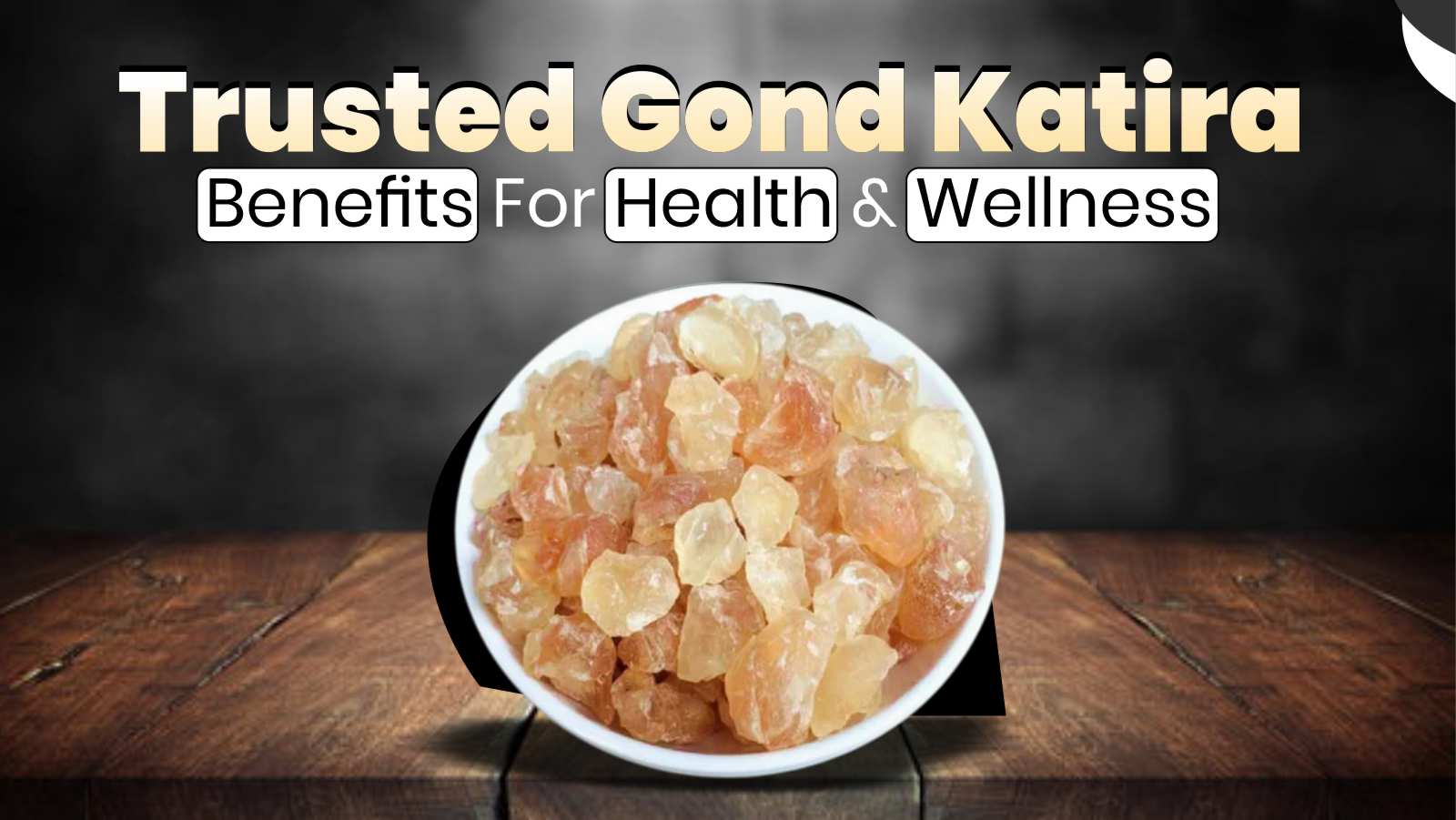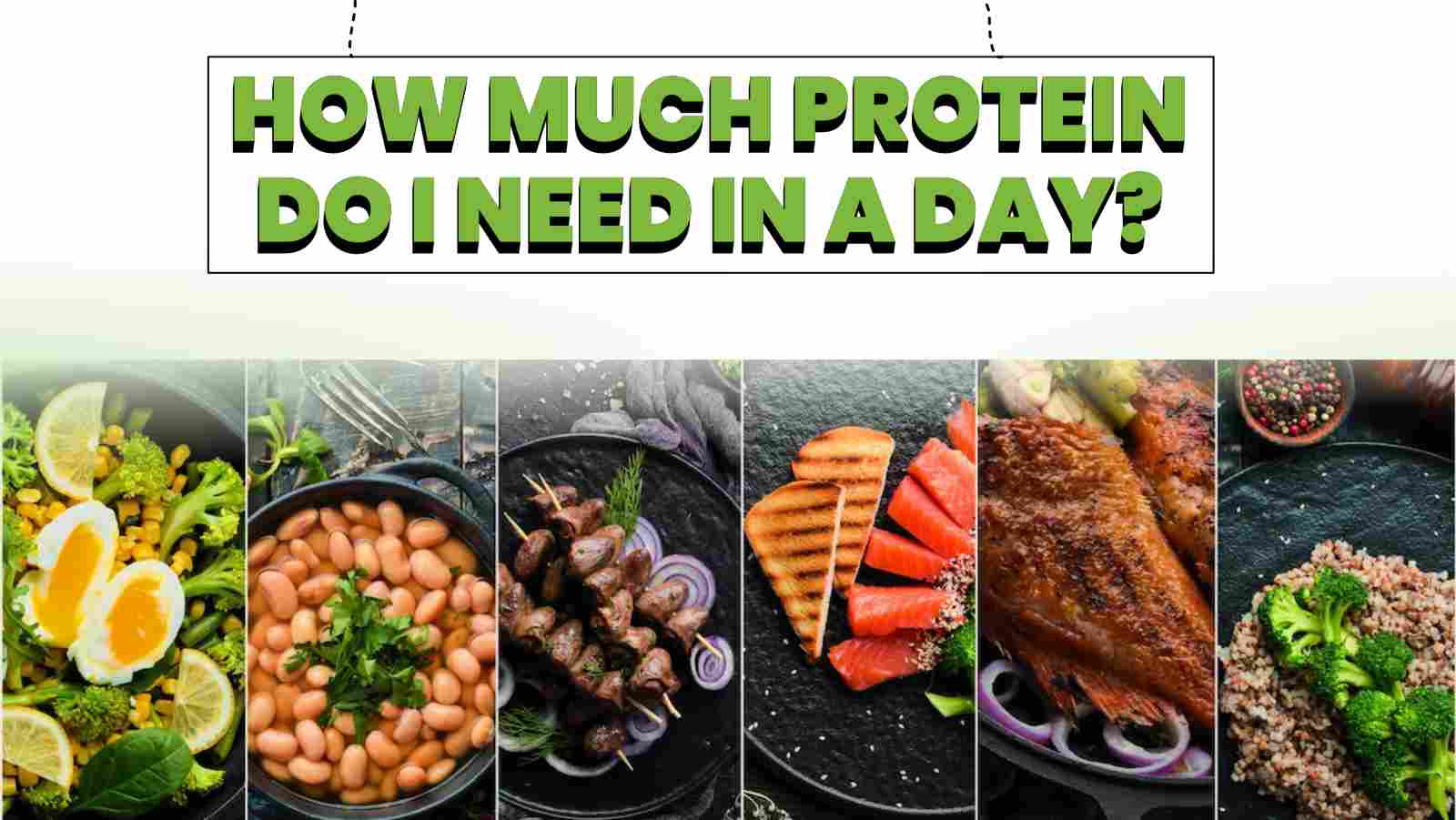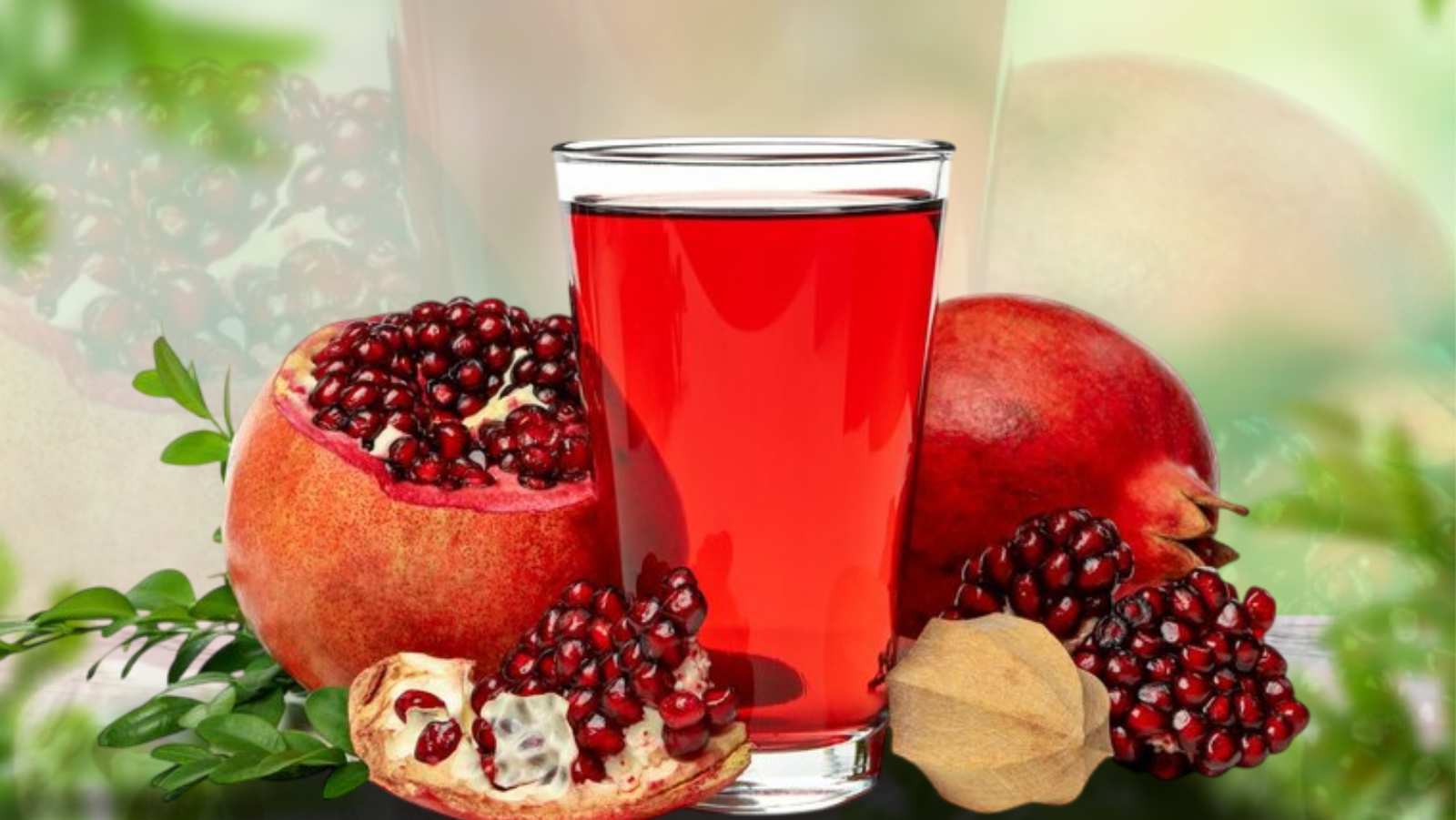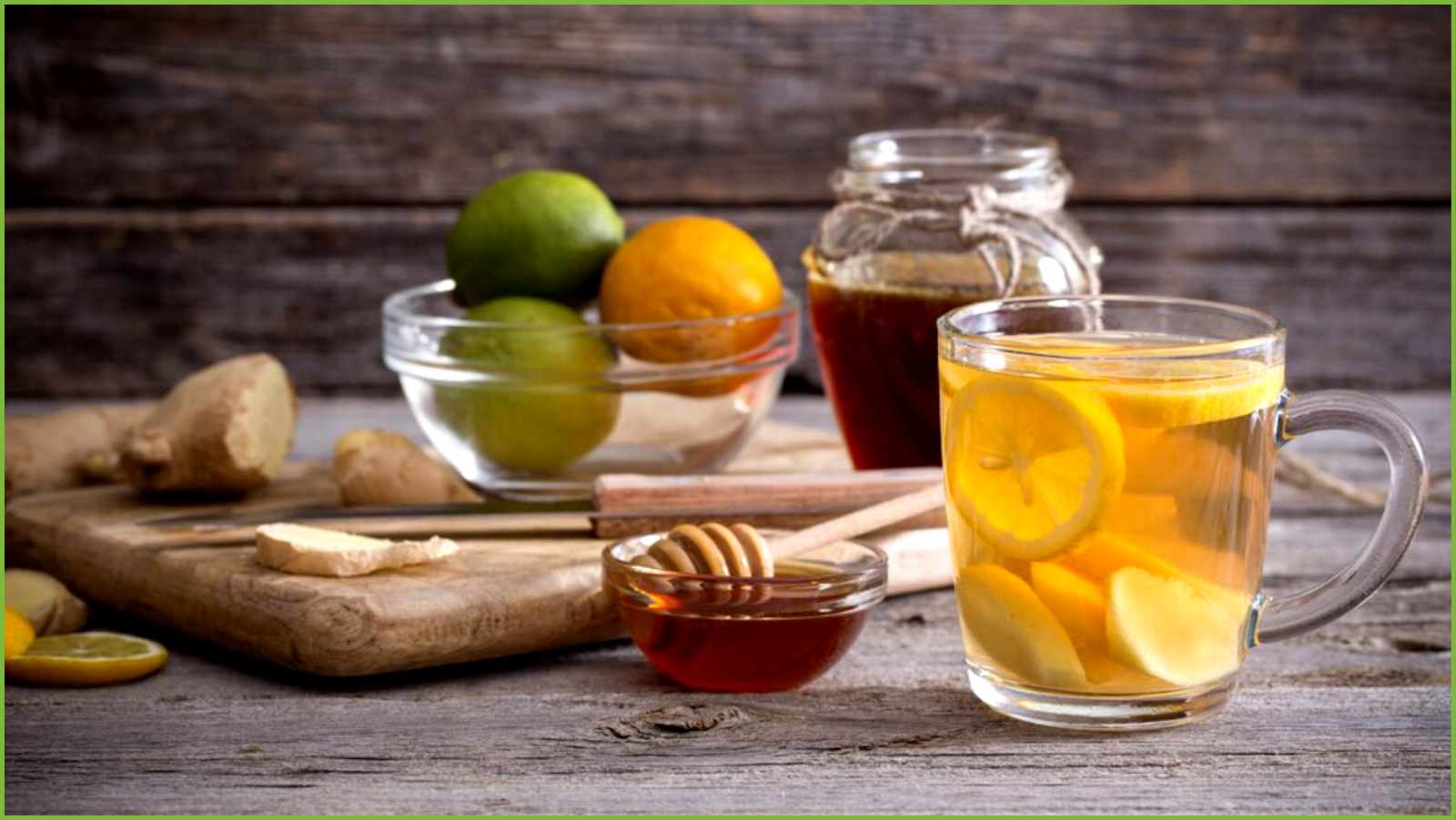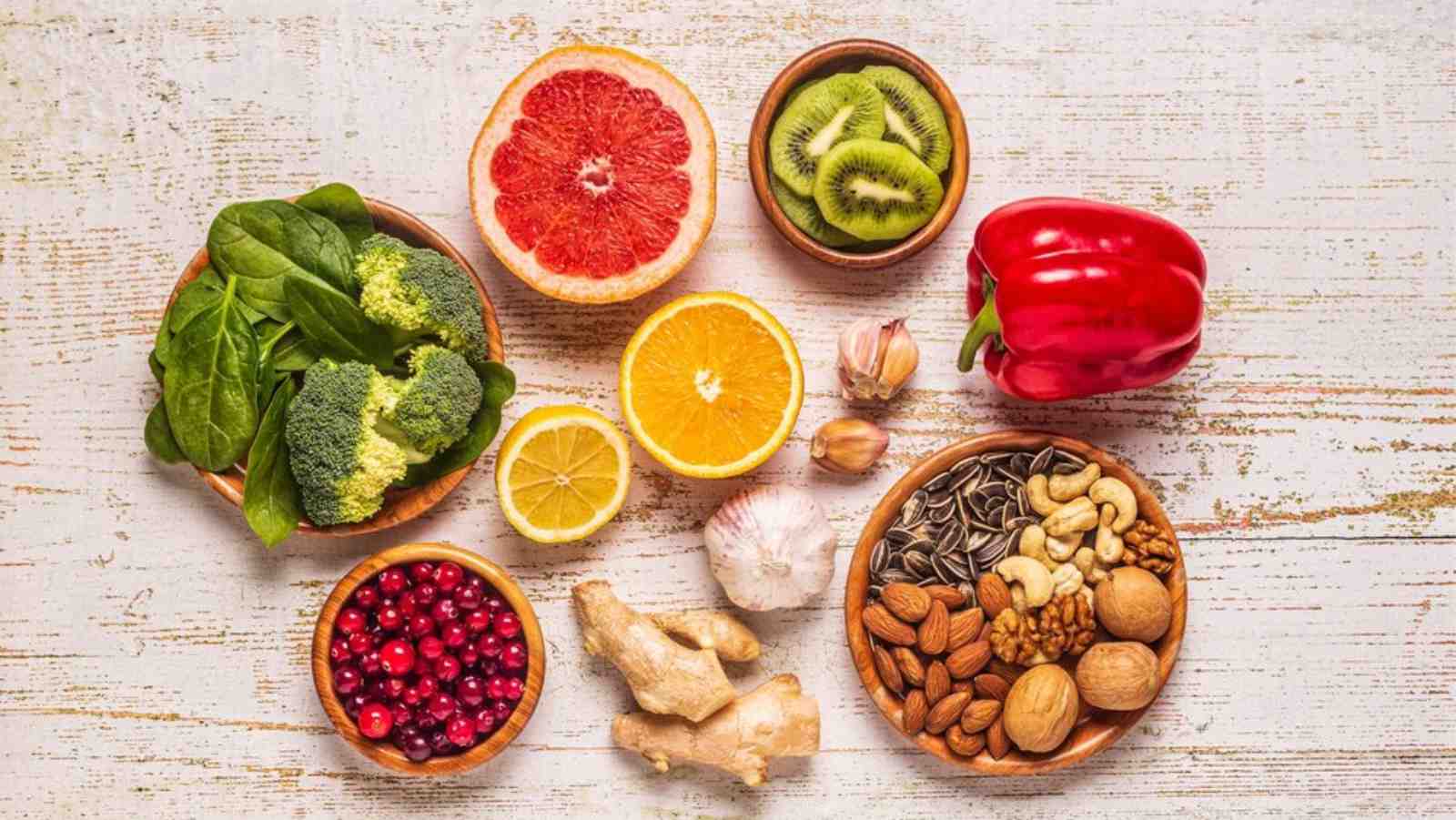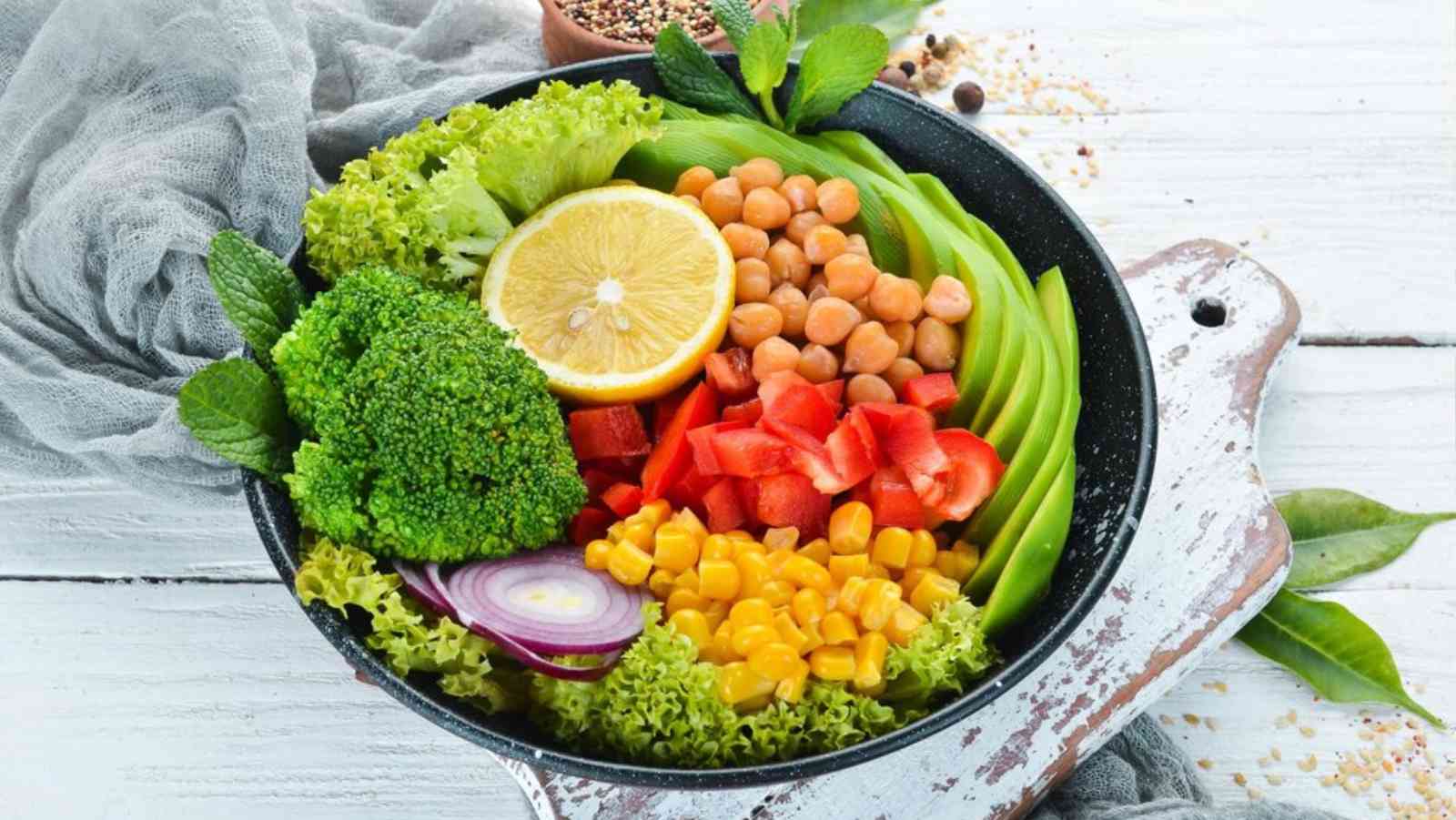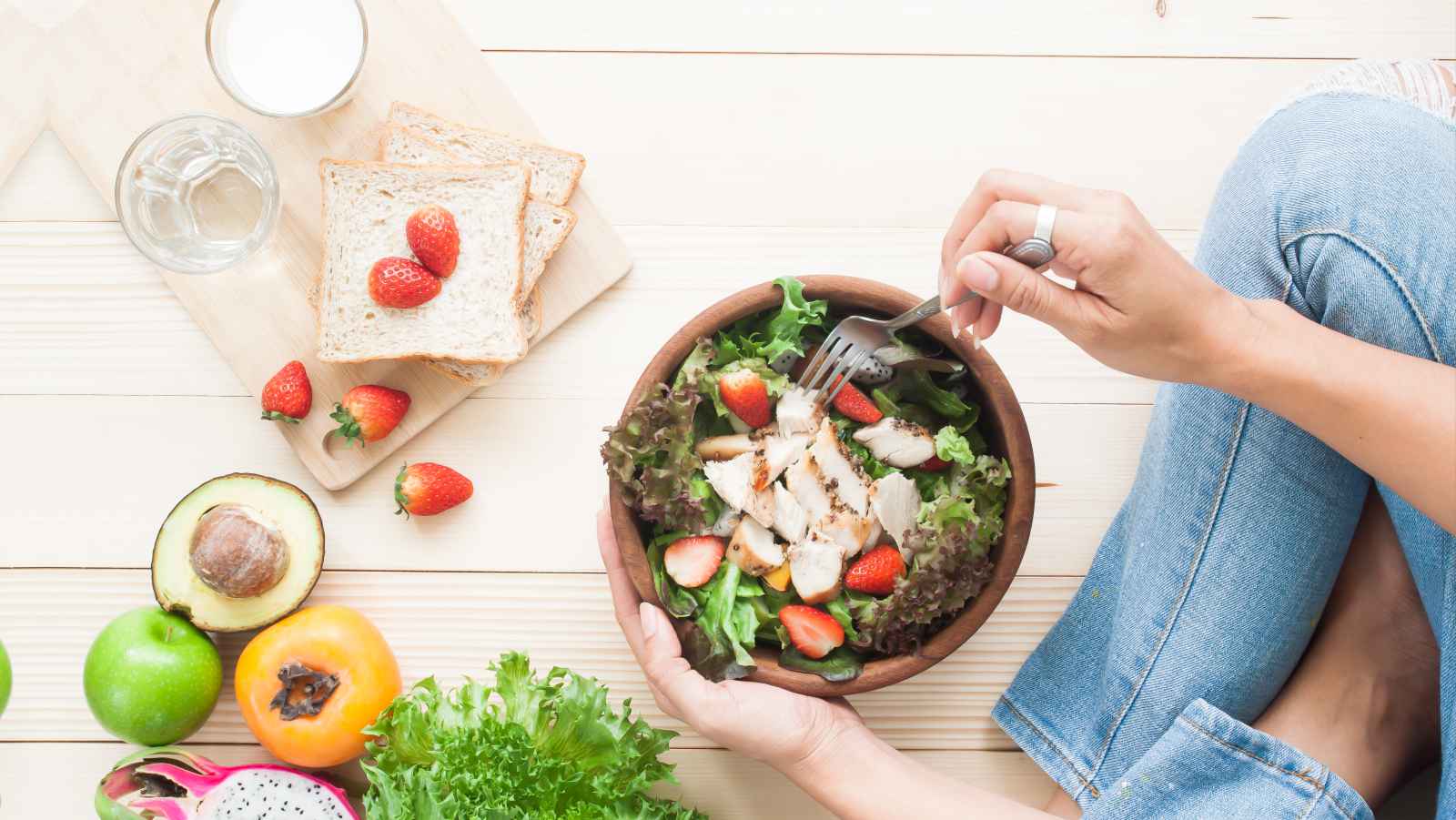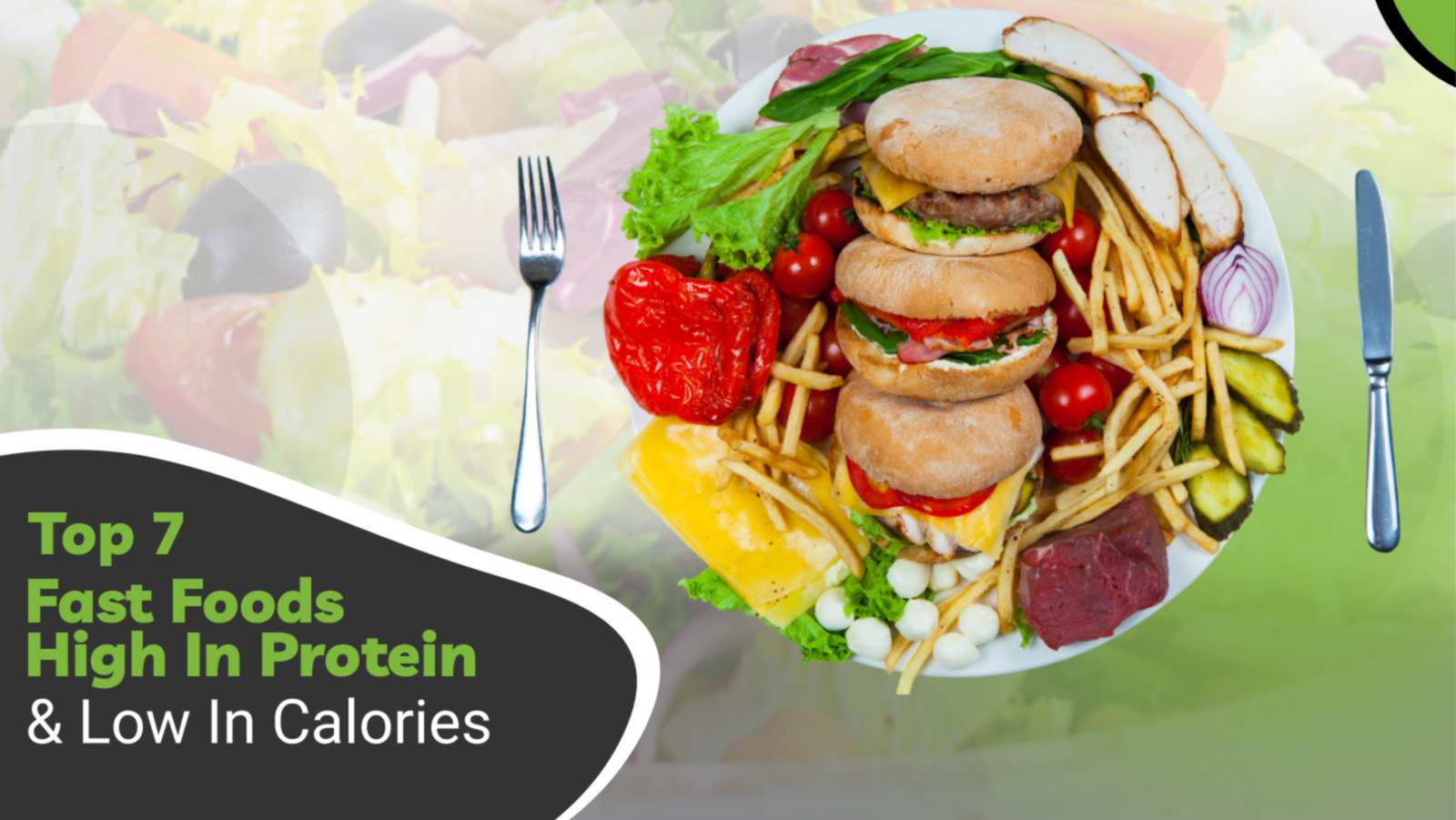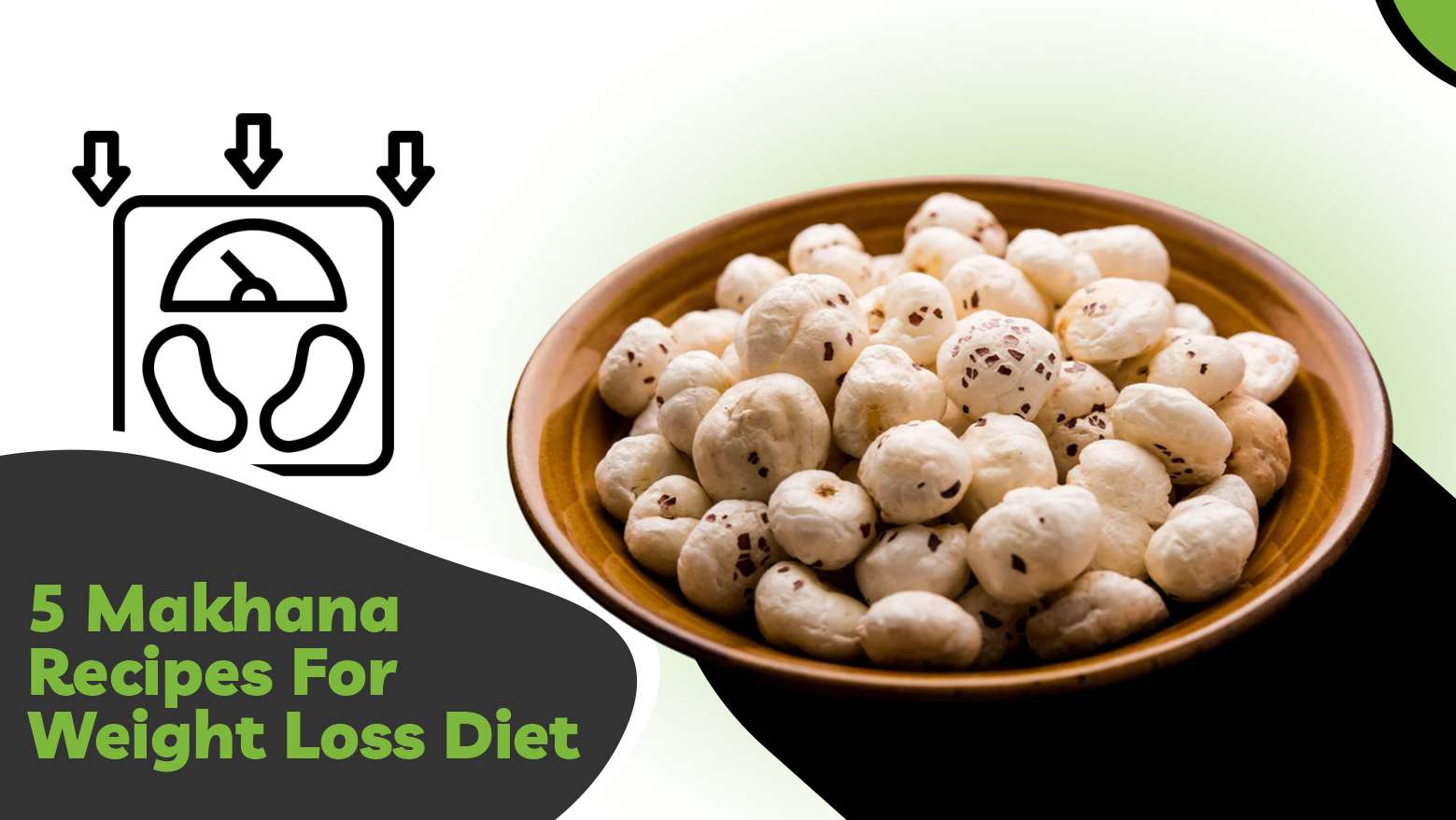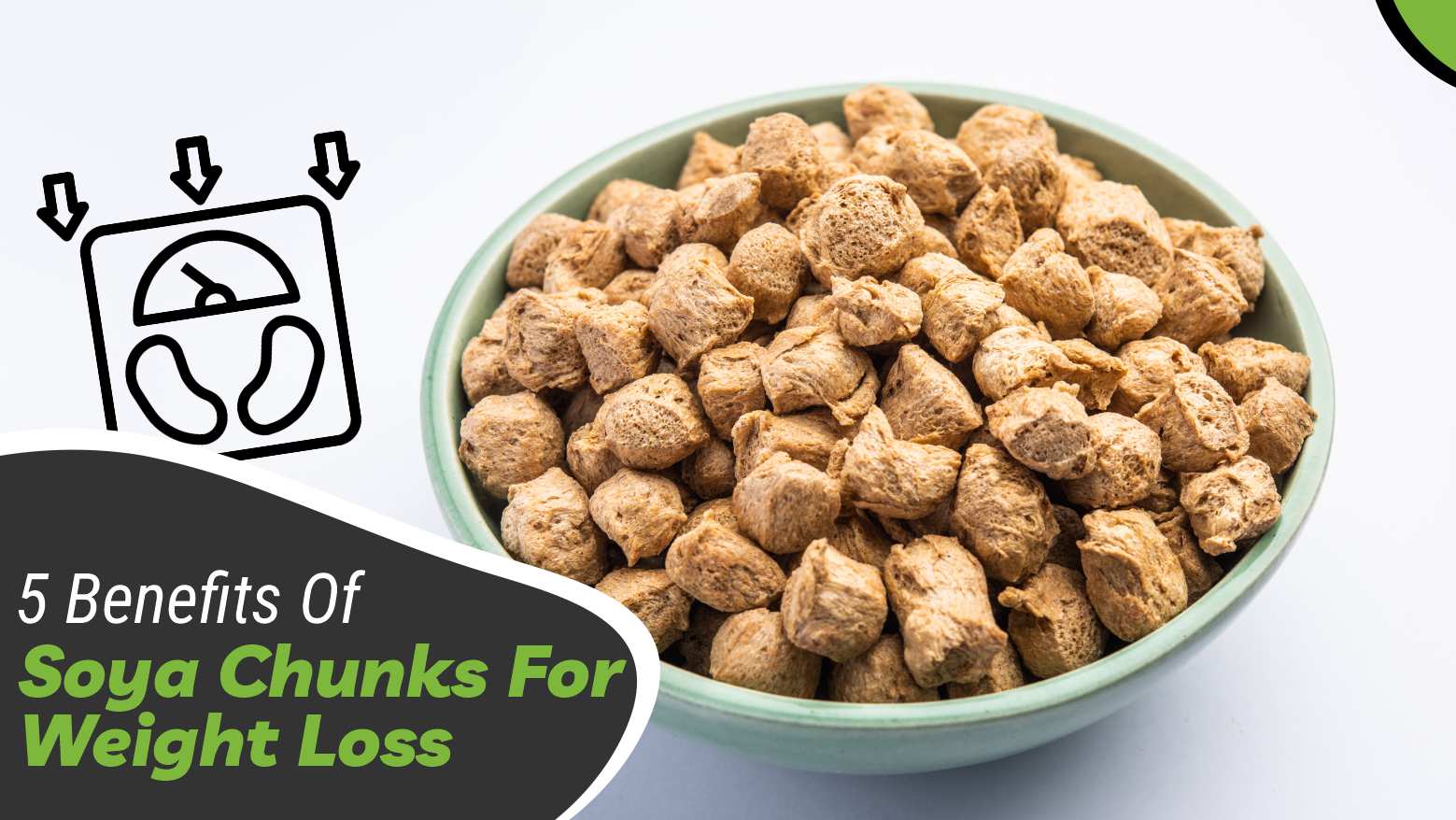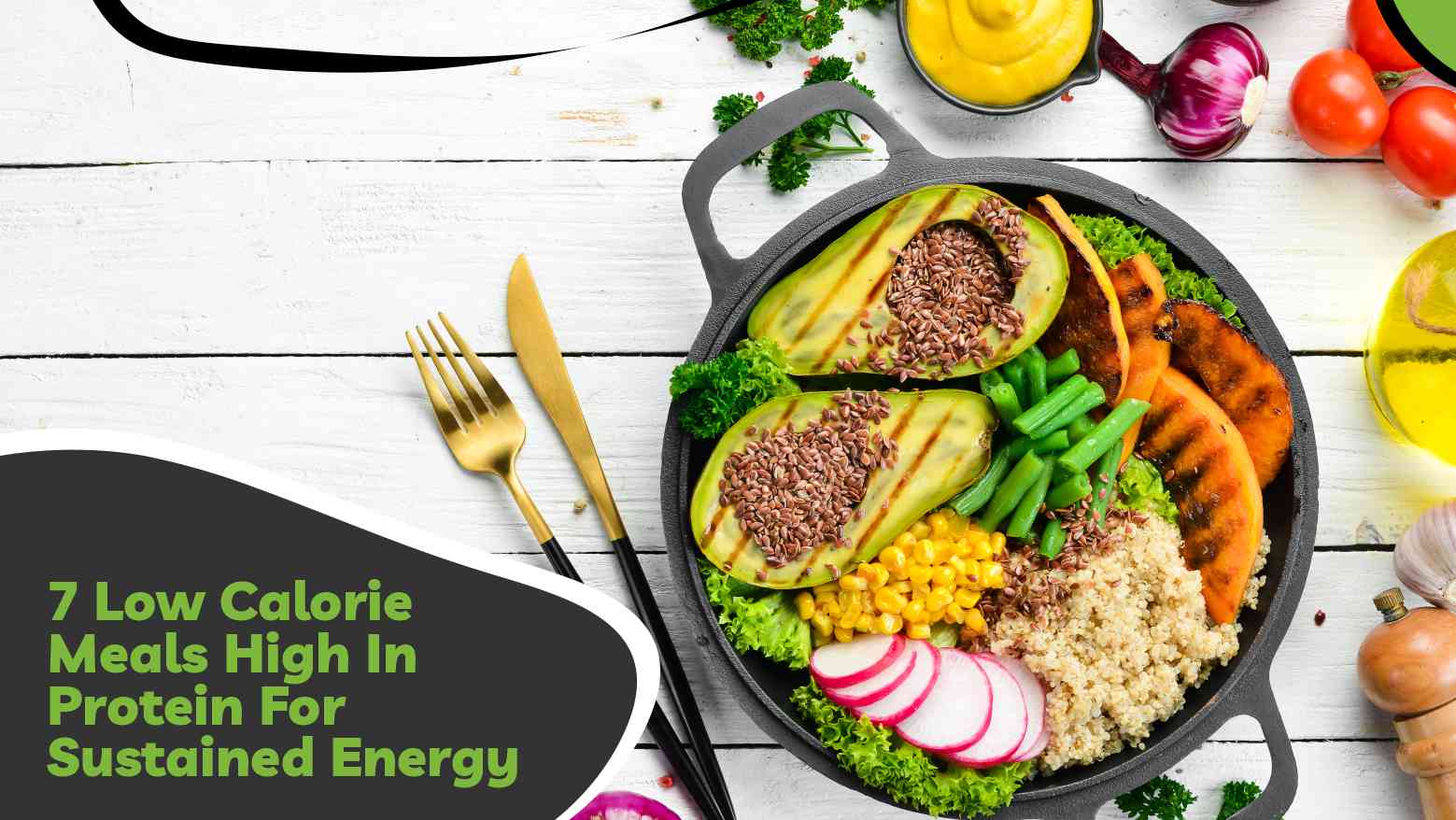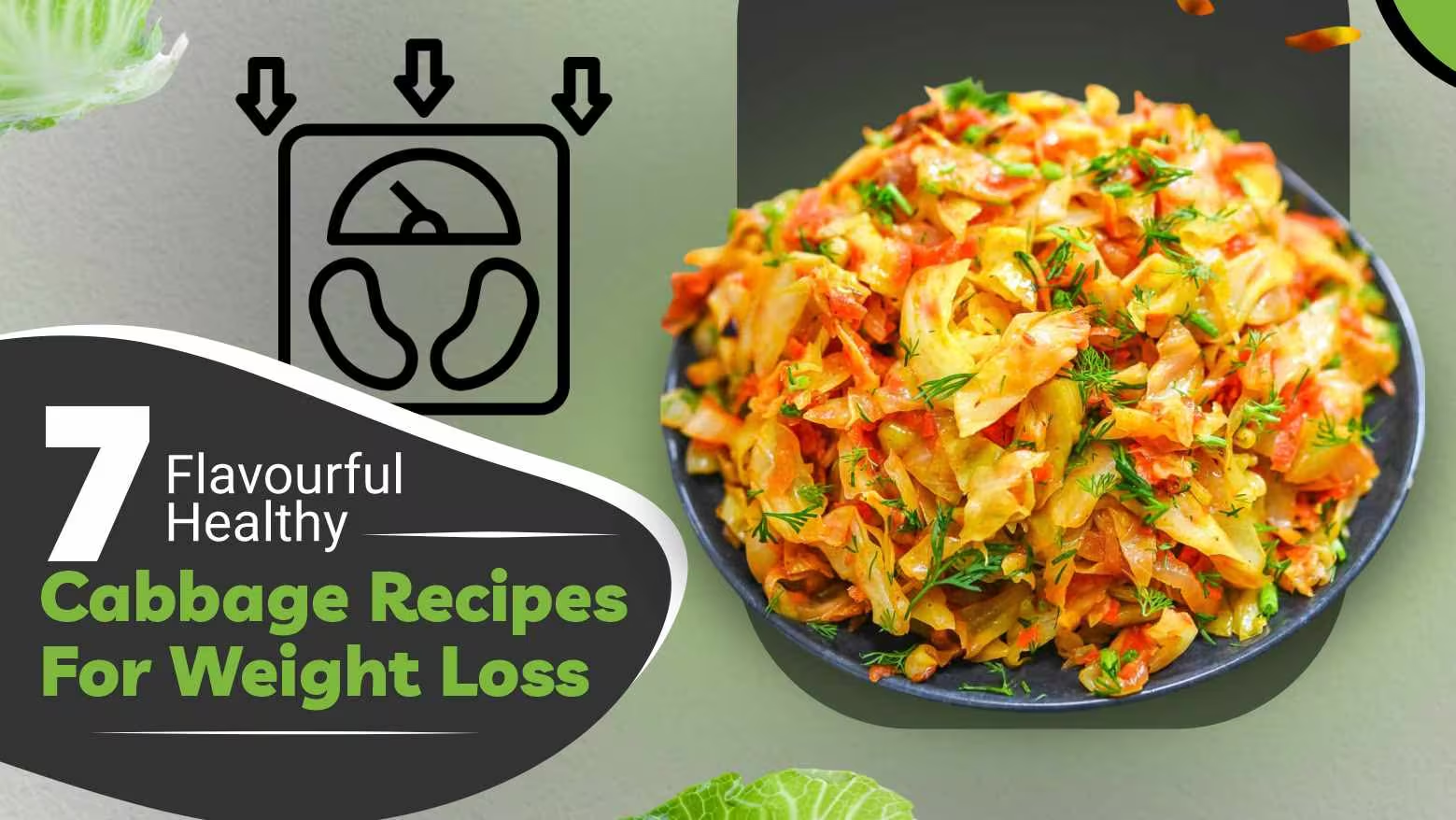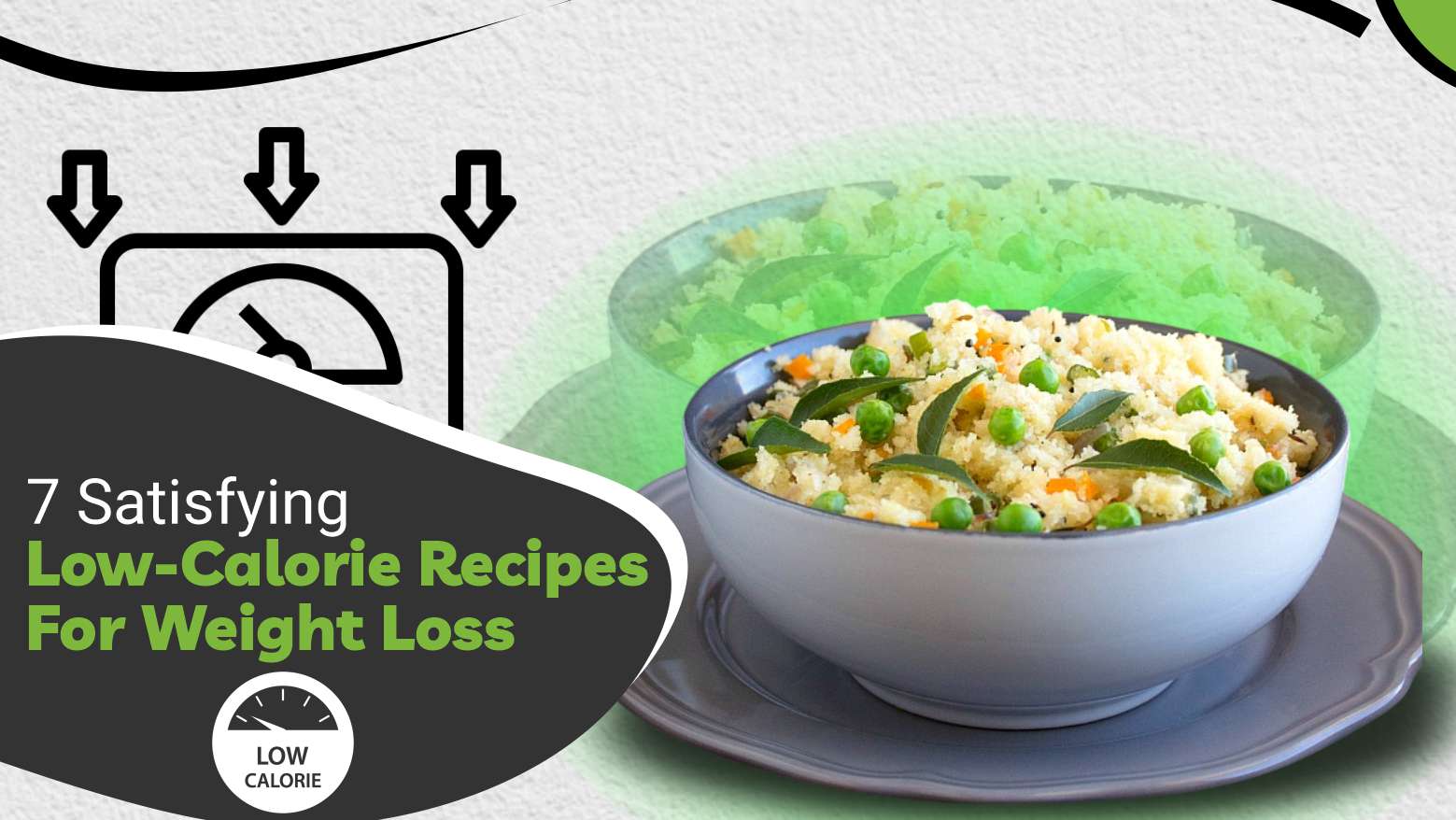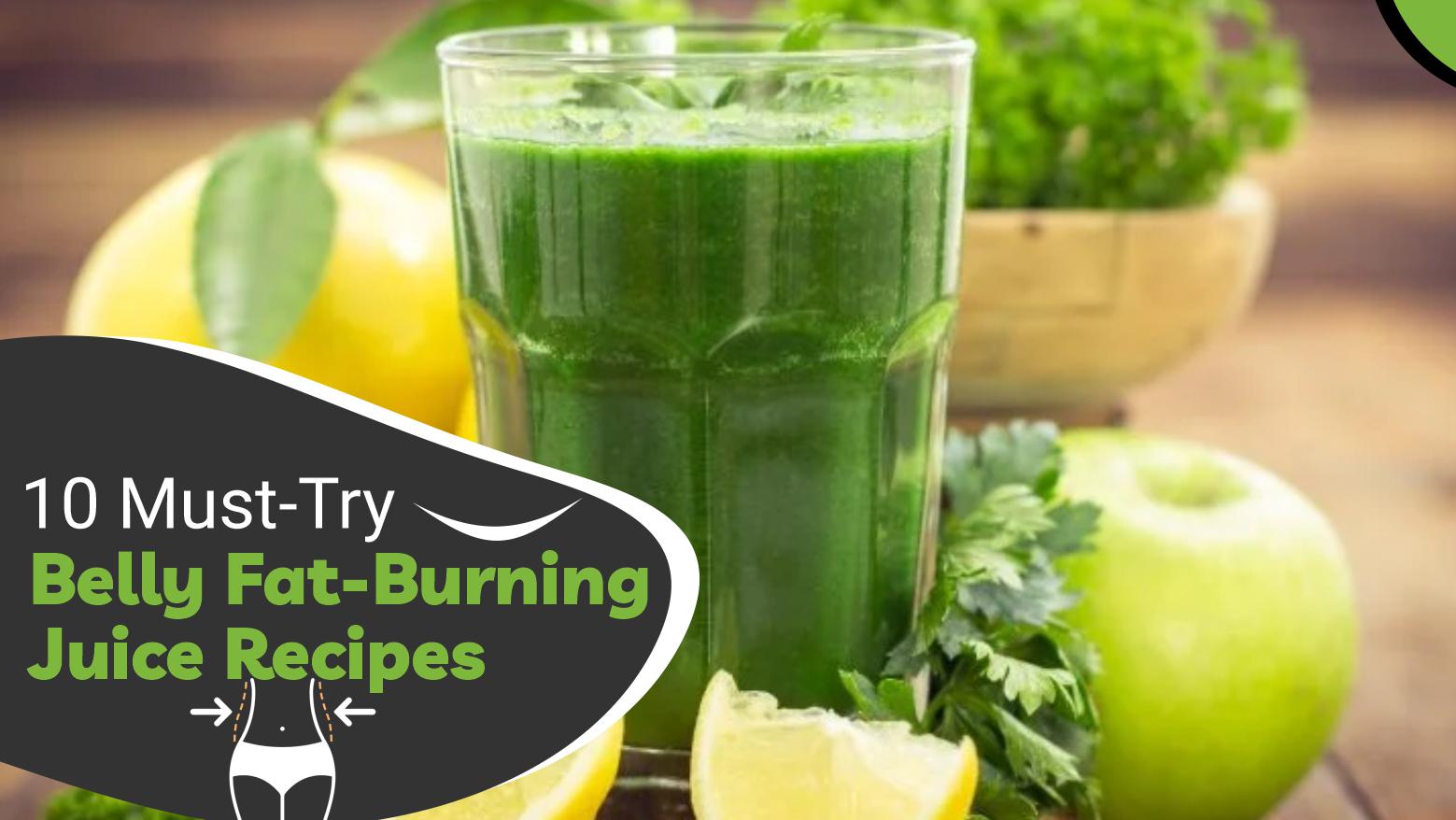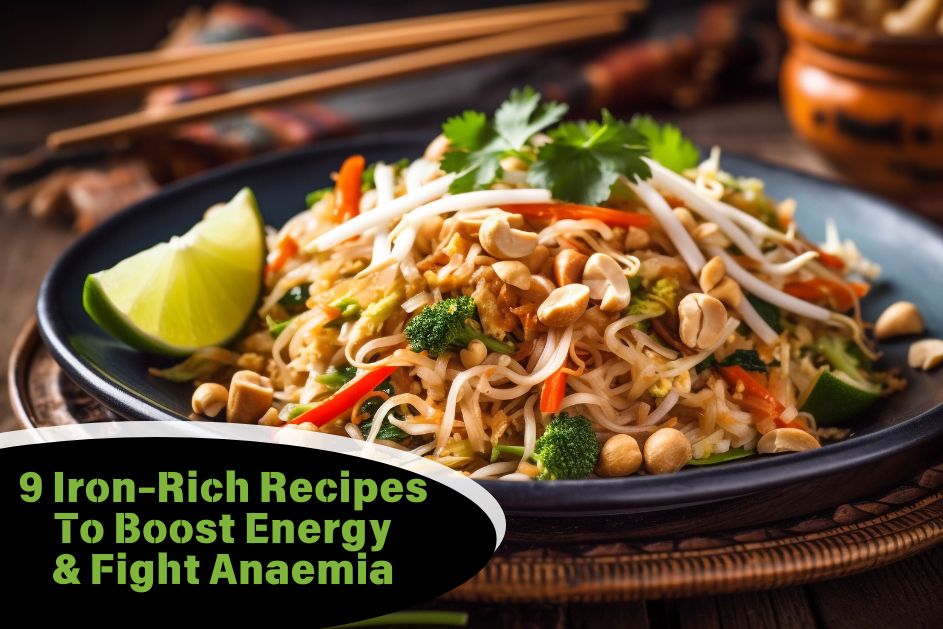Are you aiming to gain lean muscle mass and enhance your body strength? A high-protein diet for muscle building is essential for achieving your fitness goals. Without enough protein, your body cannot properly repair and build muscle fibres because protein is crucial for muscle tissue formation. From understanding the protein’s role in muscle repair to building a personalised high-protein diet plan for muscle gain, this blog provides you with the essentials to target your fitness objectives.
So, let's discuss and understand the high-protein diet for muscle building, including recommended protein amounts, ideal protein food sources, and a 7-day balanced meal plan.
Table Of Contents
1. Understand Protein For Muscle Building
2. Can You Build Muscle On A High Protein Diet?
3. Which Protein Food Is The Best For Muscle Gain? 5 Choices
4. How Much Protein Should I Eat To Build Muscle?
5. 7-Day Meal Plan For Muscle Gain For Male
6. Dietitian’s Recommendation
7. The Final Say
8. FAQs
9. References
Understand Protein For Muscle Building
Protein is the basic building block for major muscle tissue. Composed of amino acids, it plays a vital role in repairing and rebuilding muscle fibres damaged during exercise. When you engage in daily resistance training, your muscles experience microscopic tears. Protein, specifically the essential amino acids, provides the necessary material to repair and rebuild these fibres, leading to muscle growth.
The body is constantly in protein turnover, breaking down and rebuilding muscle tissue. To build muscle, the protein synthesis rate must exceed the protein breakdown rate. Consuming RDA protein ensures that your body has the amino acids to support muscle growth plus repair.
Also Read: 15 Best Foods For Height Growth During Your Developmental Years!
Can You Build Muscle On A High Protein Diet?
Absolutely! Protein is the source of gaining and repairing major muscles. For effective muscle building, your body requires a positive protein balance, where the rate of muscle protein synthesis (muscle repair and growth) exceeds the rate of muscle protein breakdown.
Consuming a high-protein diet ensures that your body has a steady amino acids supply, which are the building blocks of muscle tissue. Higher protein intake, especially with resistance training, enhances muscle protein synthesis and muscle hypertrophy.
However, it’s important to combine this dietary approach with regular exercise. Increasing protein intake without appropriate strength training will not result in significant muscle gain. Thus, a high-protein diet is effective for muscle building when paired with exercise.
Also Read: 7 Benefits Of Drinking Protein Shake Before Sleep For Muscle Growth And Better Rest!
Which Protein Food Is The Best For Muscle Gain? 5 Choices

Building and maintaining muscle mass requires adequate protein intake. With countless protein-rich options available, choosing the best sources can be overwhelming. Let's explore various protein-packed foods and supplements to fasten your muscle growth:
1. Dairy Sources
Dairy products offer a versatile range of protein options.
- Greek Yogurt: Packed with protein, calcium, and probiotics, Greek yoghurt is a popular choice for building muscle.
- Cottage Cheese: A lean protein source with a creamy texture, cottage cheese is a versatile ingredient in various dishes.
- Milk: While primarily a calcium source, milk also provides protein and other essential nutrients.
- Cheese: Certain cheeses, like ricotta and cottage cheese, offer a good amount of protein.
2. Eggs For Complete Protein
Eggs are considered a complete protein, providing all major amino acids necessary for muscle health and repair. They are also rich in vitamins, minerals, and antioxidants, making them a nutritious choice.
3. Lean Protein And Omega-3s
- Salmon: Packed with protein plus omega-3 fatty acids, salmon supports muscle growth and overall health.
- Tuna: A lean protein source with low mercury content, tuna is a convenient option for muscle-building diets.
- Other options: Cod, halibut, and mackerel are also good choices for protein and essential nutrients.
Also Read: What Is Lean Protein? Know 11 Foods, Sources, Benefits And Guidelines!
4. Plant-Based Proteins
For vegetarians and vegans, a variety of plant-based protein sources are available:
- Legumes: Lentils, chickpeas, and black beans are quality sources of protein, fibre, and other nutrients.
- Tofu and Tempeh: Versatile soy-based products offering complete protein profiles.
- Quinoa: A complete plant-based protein with additional health benefits.
- Nuts and Seeds: While primarily a fat source, nuts and seeds like chia, fresh flax, and hemp provide protein and other essential nutrients.
5. Protein Supplements
Protein supplements can complement your diet, especially during intense training periods. Choose supplements that align with your dietary needs and consult a registered dietitian for personalised guidance.
Note these major protein types:
- Whey Protein: Fast-digesting protein ideal for post-workout recovery.
- Casein Protein: Slow-digesting protein for sustained muscle protein synthesis.
- Plant-Based Protein Powders: Options for vegetarians and vegans, such as pea, soy, and brown rice protein.
Also Read: How Is Prebiotic And Probiotic Different? Understand Their Uses For Digestion, Immunity & More!
How Much Protein Should I Eat To Build Muscle?
Protein is essential for building plus maintaining muscle mass. The average adult's RDA for protein is 0.8 grams per kilogram of body weight. Aim to consume approximately 1.6 to 2.2 grams of protein of your 1kg body weight daily, which translates to roughly 0.7 to 1 gram of protein per pound of body weight.
For instance, if you weigh nearly 70 kilograms (154 pounds), your daily protein intake should be between 112 and 154 grams. This level of protein intake supports muscle protein synthesis, which is essential for muscle growth. Spreading your protein intake throughout the weekday, with 20-40 grams per meal, can further optimise muscle repair and growth.
It is essential to combine resistance training with this protein intake since exercise promotes the synthesis of muscle proteins. Distribute your daily protein consumption and exercise regularly to optimise muscle building.
Also Read: Best Detox Juice Recipes To Detoxify Your Liver, Kidney, & Overall Body
7-Day Meal Plan For Muscle Gain For Males
Note these 7-day meal plans for muscle gain for males for reference:
1. Sunday High-Protein Diet For Muscle Building
Meal | Food Item |
Pre-workout | 1 fruit (apple/orange) |
Breakfast | 1 thick paratha with 1 whole egg and 2 egg white omelette |
Mid-Meal | Green gram sprouts (1 cup) |
Lunch | 2 Roti + 1 bowl salad + fish curry (180 gm fish) + 1 cup cabbage sabji |
Post-workout | Cottage cheese (5-6 cubes, grilled or roasted) |
Dinner | 3 Roti/chapati + tomato sabji (1/2 cup) + 1 cup sprouts salad |
2. Monday High-Protein Diet For Muscle Building
Meal | Food Item |
Pre-workout | Handful of nuts and seeds |
Breakfast | Chicken sandwich (150 gm chicken, 2 slices of whole wheat bread) + 1 glass skimmed milk |
Mid-Meal | 1 portion fruit salad + cottage cheese (roasted, 5-6 cubes) |
Lunch | Veg pulao rice (1.5 cups) + 1 cup soya chunk curry + 1 cup low fat curd |
Post-workout | 1 cup light tea + chicken salad (1 cup) |
Dinner | 3 roti/chapati + lady finger sabji (1/2 cup) + 1 glass buttermilk |
3. Tuesday High-Protein Diet For Muscle Building
Meal | Food Item |
Pre-workout | A boiled sweet potato with a sprinkle of chaat masala |
Breakfast | Sprouts & paneer paratha (2) + green chutney (1 tbsp) |
Mid-Meal | 1 cup boiled black chana |
Lunch | 1.5 cups rice + chicken curry (150 gm chicken) + palak sabji (1/2 cup) + 1/2 small cup low-fat curd |
Post-workout | 1 glass of protein shake |
Dinner | Broken wheat upma (1 standard cup) + 1/2 cup fresh green beans sabji + 1 glass buttermilk |
Also Read: Refreshing 12 Best Healthy Lunchbox Ideas For Nutritious Meal Times!
4. Wednesday High-Protein Diet For Muscle Building
Meal | Food Item |
Pre-workout | 1 apple with a handful of walnuts |
Breakfast | Soya flour uthappam (2) + tomato/green chutney + 1 glass skimmed milk |
Mid-Meal | 1 portion fruit salad + 1 tablespoon mixed seeds |
Lunch | 1.5 cups quinoa + kidney beans curry (1 cup) + 1/2 cup cucumber salad + lady finger sabji (1/2 cup) |
Afternoon | 1 cup light tea |
Post-workout | 1.5 tbsp peanut butter with apple slices (3-4) |
Dinner | Plain wheat dosa (3) + 1 cup bitter gourd sabji + 1 cup curd |
5. Thursday High-Protein Diet For Muscle Building
Meal | Food Item |
Pre-workout | 1 orange with a few almonds |
Breakfast | Mushroom paratha (2) + tomato chutney + scrambled egg (2 egg whites) |
Mid-Meal | Grilled vegetables (1 bowl) sprinkled with mixed seeds |
Lunch | 2 medium chapati + fish masala (1 cup, fish 180 g) + snake gourd sabji (1/2 cup) |
Afternoon | Light tea (1 cup) |
Post-workout | 1 cup boiled chana |
Dinner | 1 big bowl of masala mung dal oats + 1 cup of curd |
6. Friday High-Protein Diet For Muscle Building
Meal | Food Item |
Pre-workout | Greek yoghurt with mixed berries (1 cup) |
Breakfast | 2 idli + sambar (1/2 cup) + 1 tbsp green chutney/tomato chutney + 2 egg whites |
Mid-Meal | 1 cup banana + almond milkshake |
Lunch | 1 cup rice + soya chunk curry (1/2 cup) + lady finger sabji (1/2 cup) + 1 cup low-fat curd |
Post-workout | 1 cup tea + homemade protein bar |
Dinner | 3 besan vegetable chilla + tomato chutney |
7. Saturday High-Protein Diet For Muscle Building
Meal | Food Item |
Pre-workout | 4-5 slices of apple with 1 tbsp mixed seeds |
Breakfast | 1 big glass of nuts and a banana milkshake |
Mid-Meal | 1 cup boiled chana |
Lunch | 2 chapati + dal (1.5 cups) + Cucumber tomato salad (1 bowl) |
Afternoon | 1 cup green tea |
Post-workout | 1 cup boiled moong |
Dinner | Broken wheat upma (1 standard cup) + 1/2 cup fresh green beans sabji + 1 glass buttermilk |
Also Read: Here Are 10 Wholesome & Healthy Snacks For Kids To Enjoy Any Time!
Dietitian’s Recommendation
I recommend a personalised high-protein diet for muscle building that emphasises whole, nutrient-dense foods. Aim for nearly 1.6 to 2.2 grams of protein per body weight daily, incorporating diverse sources like lean meats, fish, eggs, legumes, and dairy. Balance your intake with complex carbohydrates and healthy fats to support energy levels and hormone production. Distribute protein evenly across meals, with a focus on post-workout nutrition.
While supplements can be useful, prioritise whole foods to ensure a well-rounded nutrient profile. Stay hydrated and notice your body's signals to optimise muscle growth and overall health.
Dt. Akshata Gandevikar
The Final Say
Building and keeping muscle mass needs careful thinking about protein intake. By eating enough protein from various sources such as lean chicken, fish, eggs, dairy products, and plant-based foods, you provide your body with the essential building blocks for muscle growth and repair. Remember to eat protein together with regular strength exercises for best results. Though protein supplements can help, you should mainly get your proteins from everyday foods in your diet.
FAQs
1. How to make a personalised meal plan for muscle gain for females?
To make a meal plan that is specific to you, first think about your height, weight, how active you are and the type of food you like. It's important to determine your daily caloric allowance and ratios for macronutrients (protein, carbohydrates and fats). For this purpose, please consult with a registered nutritionist who can give custom advice.
2. What are the essentials of a 30-day muscle-building diet?
A diet for 30 days to build muscles requires focusing on eating enough protein, including different nutrient-rich foods, and keeping a surplus of calories. Choose lean options of protein like chicken breast, turkey or fish; complex carbohydrates such as brown rice or whole-wheat bread; good fats found in avocadoes and nuts.
Additionally, consume lots of fresh fruits and naturally grown vegetables from the ground. Drink plenty of water and think about taking supplements after talking with your healthcare expert.
3. How beneficial is the high protein diet for muscle gain and fat loss?
A high-protein diet is recommended for muscle gain as it provides the building blocks for major muscle repair and healthy growth. However, it is essential to combine it with a calorie surplus for muscle growth and a calorie deficit for fat loss. A balanced diet with required carbohydrates and healthy fats is also considered for overall performance.
4. What are the best high-protein foods for muscle building for vegetarians?
Vegetarians can build muscle by incorporating various plant-based protein sources into their diet. Lentils, chickpeas, tofu, tempeh, quinoa, and seitan are excellent options.
5. What are the recommended high-protein Indian foods for muscle building?
Indian cuisine offers several high-protein options for muscle building. Lean chicken, fish, lentils, chickpeas, paneer, and low-fat dairy products are excellent choices. Incorporate these recommended foods into your meals and snacks to support muscle growth.
6. What are the best high-protein vegan foods for muscle building?
Vegan athletes can build muscle by consuming a variety of plant-based proteins. Some good options are tofu, tempeh, lentils, chickpeas, quinoa, and plant-based protein powders.
References
- https://www.medicalnewstoday.com/articles/muscle-building-foods
- https://www.menshealth.com/fitness/a19534499/10-muscle-building-tips/
- https://www.webmd.com/men/features/muscle-foods-for-men
- https://www.eatright.org/fitness/physical-activity/benefits-of-exercise/4-keys-to-strength-building-and-muscle-mass
About ToneOp Eats
ToneOp Eats is your go-to health kitchen, delivering nourishing meals in Bhopal, Indore & Bangalore. The meals are prepared with strategically planned nutrition and portions for your health goal. With just three simple steps, you can subscribe to a meal plan for weight loss, muscle gain, or balanced diet goals. Experience the perfect blend of taste and wellness in our nutrient-dense and calorie-counted range of meals, including protein-rich grills and meal bowls, full of fibre salads & smoothies, workout-friendly protein 30,40,50 meals and refreshing juices.







